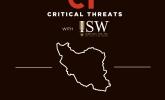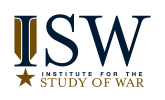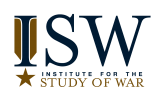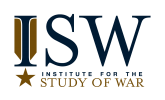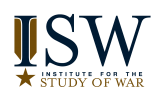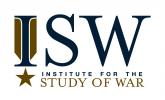Russian Offensive Campaign Assessment, December 9
December 9, 2022 - ISW Press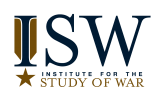
Russian President Vladimir Putin continues to discuss negotiations with Ukraine as a means of separating Ukraine from its Western supporters by portraying Kyiv as unwilling to compromise or even to engage in serious talks. During a news conference at the Eurasian Economic Union summit in Bishkek, Kyrgyzstan, on December 9, Putin clarified his December 7 statements wherein he suggested that Russia was preparing for a “lengthy” war and stated that he meant the settlement process would be protracted. Putin emphasized that the settlement process will be challenging and take time, and that all participants will need to agree with realities on the ground in Ukraine (by which he presumably means recognizing Russian control of any territories it has annexed), but that at the end of the day, Russia is open to negotiations. Putin also criticized statements made by former German chancellor Angela Merkel that the 2014 Minsk Agreements were an attempt to “buy time for Ukraine” and accused Merkel and the West of propagating distrust in negotiating future settlements. Putin remarked that based on this understanding of the Minsk Agreements, perhaps Russia should have begun military operations earlier. Despite the constant employment of adversarial rhetoric regarding the settlement process, Putin continued to claim that Russia remains open to the possibility of negotiations.


